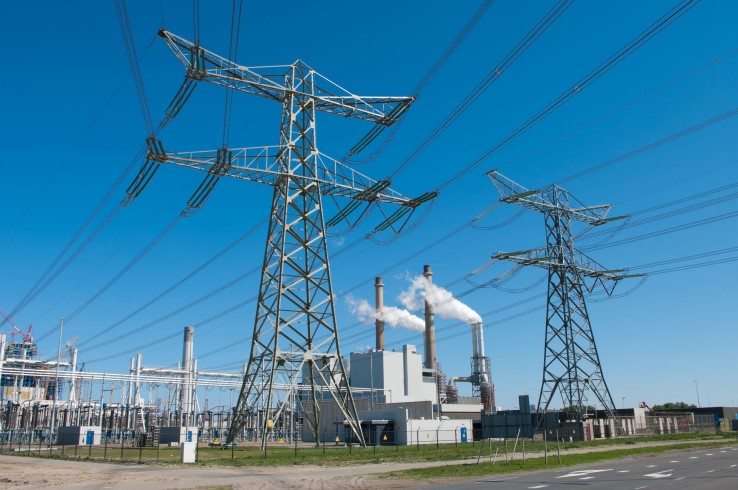The Southern African Development Community (SADC) has recorded notable progress in the implementation of power pool projects that are aimed to connect Angola, Malawi and the United Republic of Tanzania to the Southern African Power Pool (SAPP) grid.
According to the progress report by the SADC Executive Secretary to the 40th SADC Summit, the Mozambique-Malawi interconnector attained financial closure and is at construction stage. The project is expected to be commissioned in 2022.
The Zambia-Tanzania interconnector is divided into several components and it is at construction phase from the Zambian side and Tanzania side where the two transmission lines are designed to converge near Nakonde Border by 2022.
The Angola-Namibia Interconnector is at feasibility studies stage and is also expected to be commissioned by 2022 following expression of commitment by the two Member States by signing the inter-governmental memorandum of understanding (IGMOU).
On the north-western side of the Region, Angola and the Democratic Republic of Congo (DRC) are also considering to develop an interconnector project which is still at pre-feasibility stage. The SADC Secretariat is advocating for the development of the Western transmission corridor along Angola, Botswana, Namibia, and central transmission corridor along Botswana, South Africa, Tanzania, Zambia, and Zimbabwe, and Eastern corridors along South Africa, Mozambique, Malawi and Tanzania of the SAPP network in order to relieve congestion from the existing central corridor.
Also Read: Egypt-Libya electricity interconnection line capacity to be increased
Regional Transmission Infrastructure Financing Facility (RTIFF)
Moreover, in order to unlock and leverage development of the power transmission interconnector projects, backbone transmission lines as well as those linked to the new power plants, the Secretariat, in collaboration with SAPP and through support from the World Bank, is developing a study on establishment of a Regional Transmission Infrastructure Financing Facility (RTIFF).
Recommendations of the study will be presented to relevant sectoral Ministerial committees for clearance and ultimately to Council of Ministers for consideration and approval.

Leave a Reply